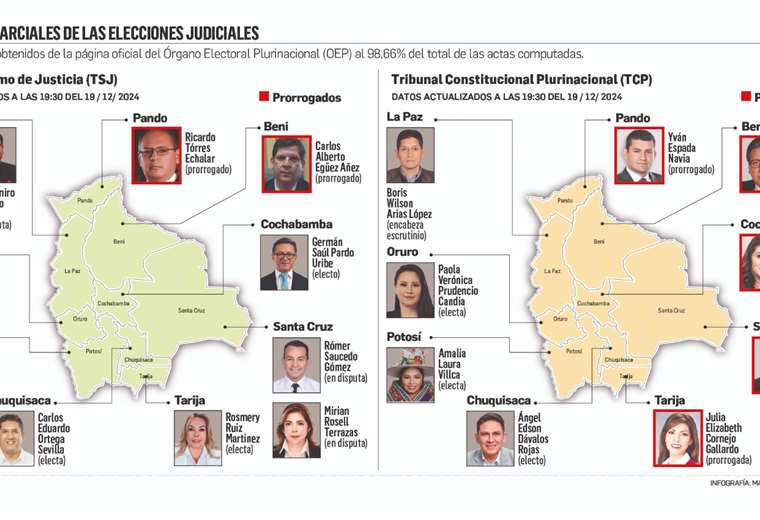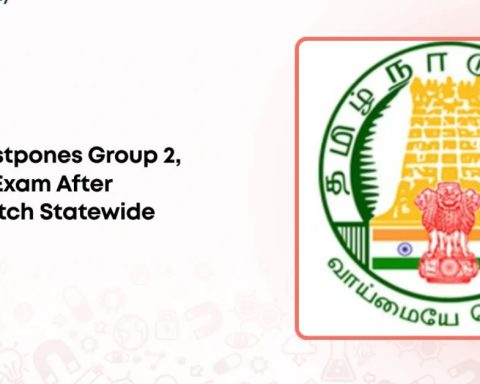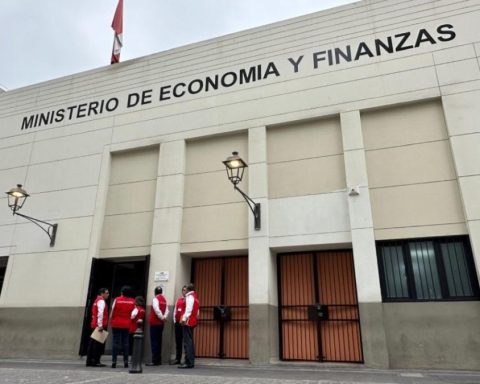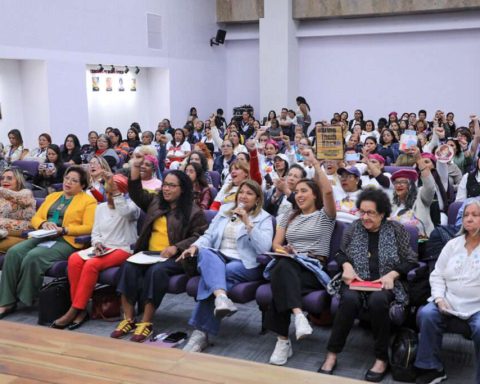December 20, 2024, 4:00 AM
December 20, 2024, 4:00 AM
The Plurinational Electoral Body (OEP) closed last night the operational phase of the vote count of the “partial” judicial elections and this Friday the elected magistrates will be proclaimed. It happened after four days of work and after the first report from the observer mission of the Organization of American States (OAS) who “strongly” demanded that all the high authorities of the Judicial Branch must now be elected to return institutional normality to the country.
The vice president of the TSE, Francisco Vargas, informed EL DEBER that the departmental electoral courts of La Paz and Santa Cruz, the last to close, were working yesterday to make them all records assessed and duly verified so that there are no grounds for nullity. The work is expected to conclude this Friday.
Cochabamba closed at 100% with the vote count during half-day on Thursday, while La Paz closed during the night. With this panorama, we now have the majority of the candidates elected by the Bolivians who went to the polls on Sunday, December 15. Of course, not all the magistrates were elected due to the rulings issued by the Constitutional Court (TCP) that declared the selection process for the Constitutional and Supreme Courts of Justice is void in the departments of Beni, Pando and Santa Cruz.
After the elections the TSupreme Court of Justice (TSJ) will be formed as follows:: For La Paz Fanny Coaquira Rodríguez who is the virtual winner over Iván Ramiro Campero; Primo Martínez Fuentes was elected in Oruro; Norma Velasco Mosquera for Potosí; Germán Saúl Pardo Uribe (Cochabamba); Carlos Eduardo Ortega Sevilla (Chuquisaca); Rosmery Ruiz Martínez (Tarija).
In Santa Cruz, the candidate Rómer Saucedo Gómez leads the votein a closely fought dispute with the candidate Mirian Rosell who reached more than 700,000 votes above Arminda Méndez. In Pando and Beni the extended magistrates will continue in their positions Ricardo Tórres and Carlos Egüez, because the calls were declared void due to the constitutional protections presented by the pre-candidates from both departments.
Regarding the election for the Council of the Judiciary, which was national in scope, the count of the minutes reached 99.26% and it is the instance where three regular magistrates and three substitutes must be elected. According to the OEP report, Mario Baptista Espinoza leads the vote with 23.33%; followed by Carlos Spencer Arancibia with 14.07% and Gabriela Paula Araoz López with 14.07%, being those outlined to assume ownership.
In the Agro-Environmental Court, also of national jurisdiction, The count reached 99.44% until 8:00 p.m.in which five starters and five substitutes will be elected. The report shows that Rocío Vásquez Noza leads with 17.83% of votes; then Roxana Chávez Rodas with 11.17%; Victor Hugo Claure (10.51%); Richard Christian Méndez Rosales (10.24%) and María Soledad Peñafiel Bravo (9.98%).
Finally, in the Plurinational Constitutional Court (TCP), the vote was developed in four departments where 100% was reached of computed minutes. Thus, in Chuquisaca, Ángel Edson Dávalos Rojas, Boris Wilson Arias López (La Paz), Paola Verónica Prudencio Candia (Oruro) were elected; and Amalia Laura Villca in Potosí.
In this scenario, the OAS observation mission indicated that the electoral process took place a year late, which “triggered a series of political-legal conflicts and made an energetic call for the magistrates, all the magistrates, to be renewed in strict accordance with the Political Constitution of the State (CPE).”
The mission, led by Uruguayan lawyer Edison Lanza, former rapporteur on Freedom of Expression of the IACHR, also made “a strong call to all Bolivian institutions to seek, urgently, a solution that allows us to conclude the selection of the pending members of the TSJ and the TCPthrough a mechanism attached to the CPE.
The Government, through the Ministry of Justice, and the members of the TSE announced the need to convene a summit to reach key institutional decisions. Considering that the unilateral decision of the “self-extension” did not consider a partial election, the magistrates who extended their positions must conclude their management on January 2.


















